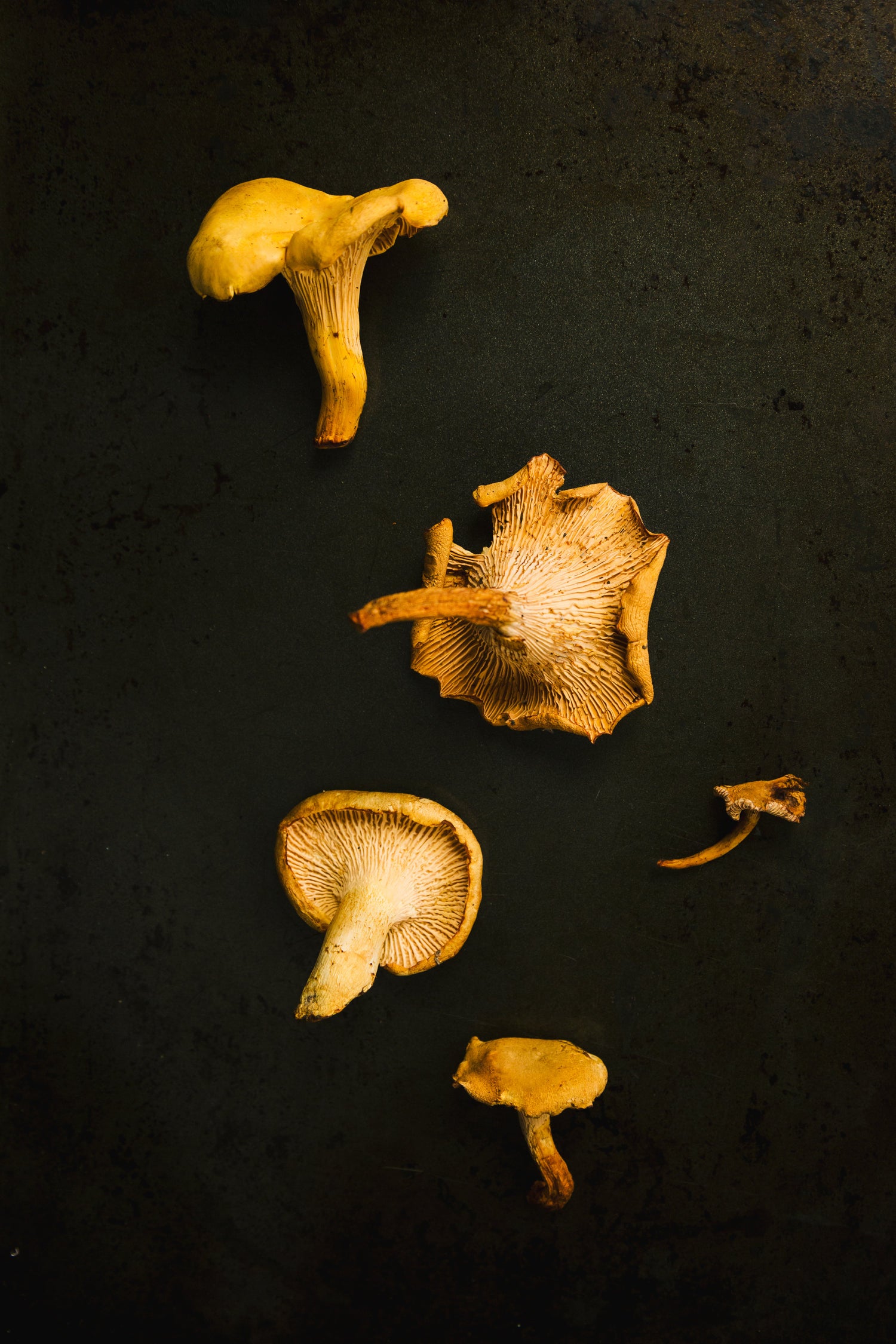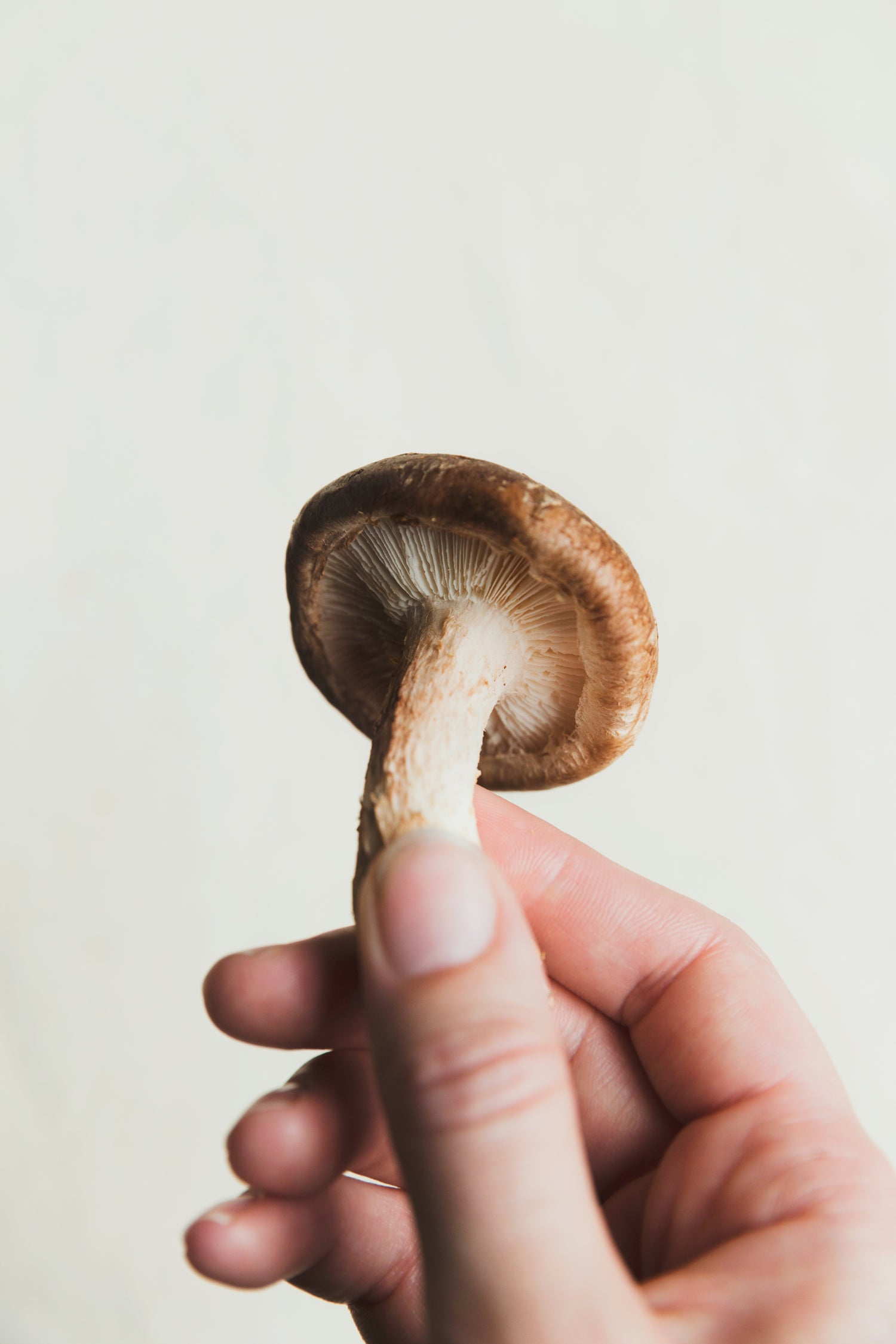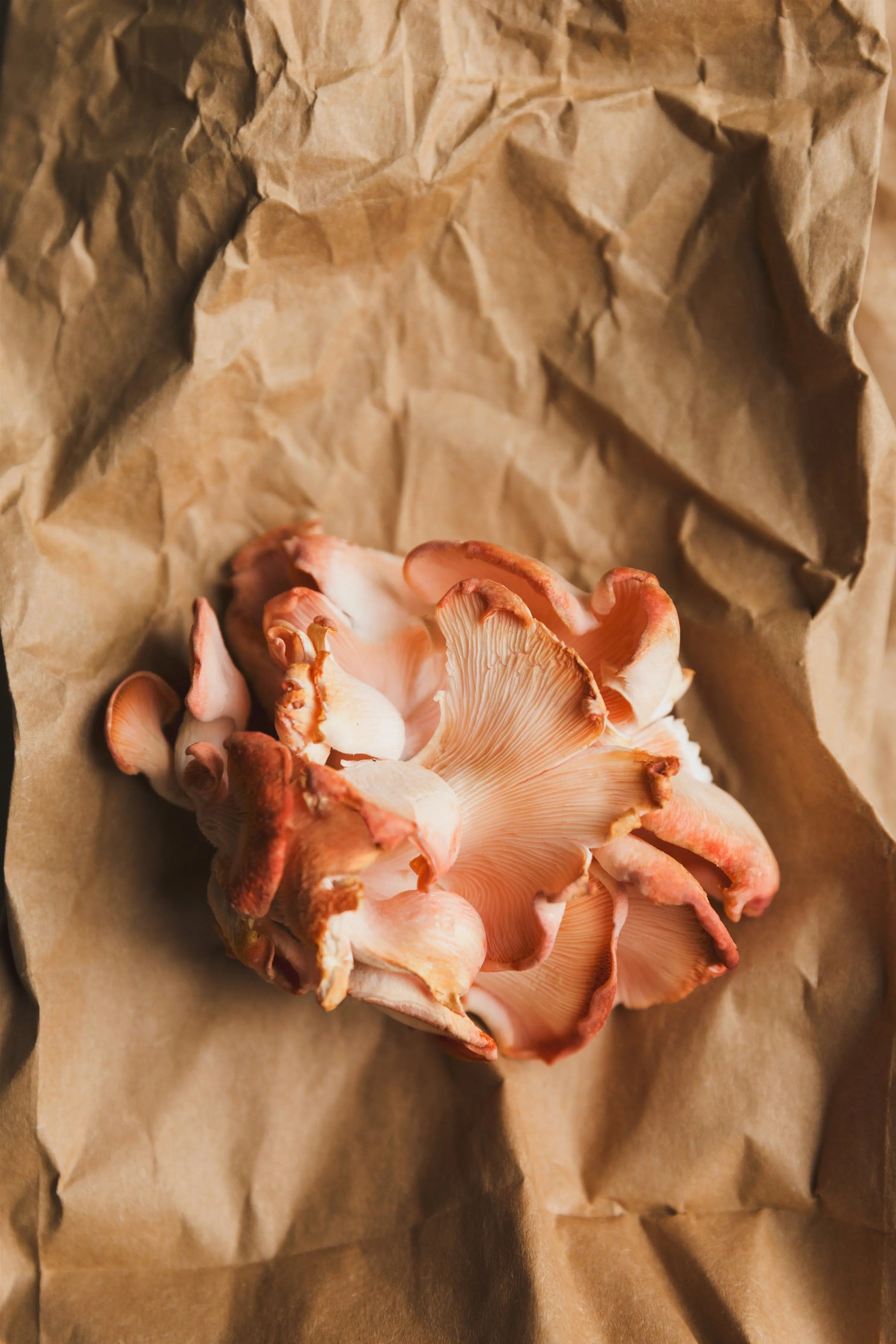MycoTherapy for Respiratory Health

Harnessing the Healing Power of Mushrooms: Exploring MycoTherapy for Respiratory Health
Introduction
In recent years, there has been growing interest in alternative therapies for various health conditions, including respiratory ailments. Among these therapies, mushroom therapy has gained significant attention due to the potential benefits it offers for respiratory health. With a long history of traditional use and emerging scientific research, mushrooms are now being recognized for their therapeutic properties. In this article, we delve into the world of mushroom therapy and explore how it can positively impact respiratory health.
The Healing Potential of Mushrooms: Mushrooms have been used in traditional medicine systems, such as traditional Chinese medicine, for centuries. They are renowned for their immune-boosting properties, thanks to their rich content of bioactive compounds. Many mushroom species contain polysaccharides, beta-glucans, and other unique compounds that contribute to their medicinal properties.
Respiratory Benefits of Mushroom Therapy:
-
Anti-inflammatory Properties: Inflammation is a common underlying factor in respiratory conditions such as asthma, bronchitis, and allergies. Certain mushrooms, such as Cordyceps, Reishi, and Chaga, possess potent anti-inflammatory properties that may help alleviate inflammation in the respiratory system. These mushrooms have been traditionally used to support lung function and respiratory health.
-
Immune System Support: A strong immune system is crucial for maintaining respiratory health. Mushrooms like Shiitake and Maitake are known for their immunomodulatory effects, meaning they can help regulate and support the immune system. By enhancing immune function, mushrooms can aid in the prevention and management of respiratory infections and diseases.
-
Antioxidant Activity: Respiratory health can be compromised by oxidative stress caused by environmental pollutants, allergens, and toxins. Mushrooms, particularly species like Lion's Mane and Turkey Tail, possess potent antioxidant properties. These antioxidants scavenge harmful free radicals, reducing oxidative damage and promoting overall respiratory well-being.
-
Adaptogenic Effects: Certain mushrooms, including Reishi and Cordyceps, have adaptogenic properties. Adaptogens help the body adapt to stress and maintain balance. By reducing the impact of stress on the body, these mushrooms may indirectly support respiratory health, as stress can exacerbate respiratory conditions.
Exploring Mushroom Species for Respiratory Health:
-
Reishi (Ganoderma lucidum): Reishi is often referred to as the "mushroom of immortality." It is known for its anti-inflammatory properties and its ability to support the immune system. Research suggests that Reishi may help reduce allergy symptoms and improve lung function.
-
Cordyceps (Cordyceps sinensis): Cordyceps has a long history of use in traditional Tibetan and Chinese medicine. It is believed to enhance oxygen utilization and respiratory function. Cordyceps is often recommended for respiratory conditions such as asthma and chronic obstructive pulmonary disease (COPD).
-
Chaga (Inonotus obliquus): Chaga mushrooms contain a high concentration of antioxidants, which can help combat oxidative stress in the respiratory system. Additionally, Chaga has been traditionally used to support lung health and alleviate respiratory symptoms.
-
Shiitake (Lentinula edodes): Shiitake mushrooms possess immune-enhancing properties and are rich in vitamins and minerals. Regular consumption of Shiitake may help fortify the immune system, reducing the risk of respiratory infections.
As research on mushroom therapy expands, it is becoming increasingly evident that mushrooms offer tremendous potential for promoting respiratory health. The anti-inflammatory, immunomodulatory, antioxidant, and adaptogenic properties found in various mushroom species make them valuable additions to traditional respiratory therapies. However, it is essential to consult with healthcare professionals and seek guidance before incorporating mushroom therapy into your respiratory care routine.



